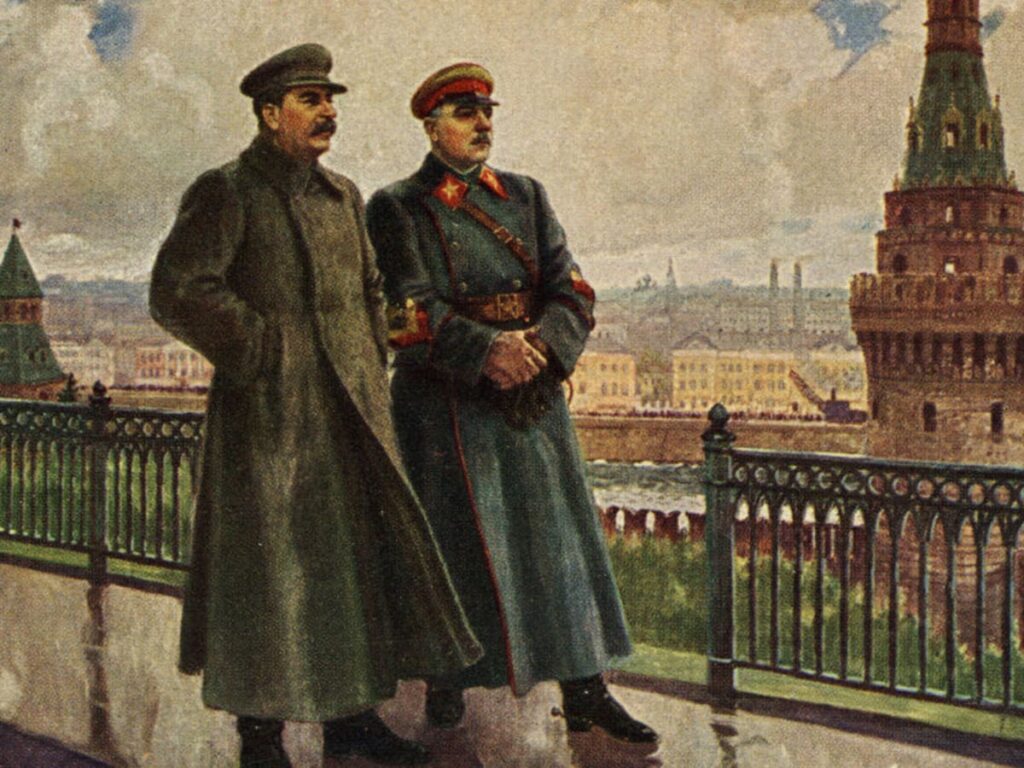Socialism is a political and economic ideology that advocates for the collective ownership and control of the means of production and distribution of wealth. While it has been implemented in various countries around the world, some socialist systems have struggled or failed. Here are some reasons why socialism has not worked in practice:

Inefficiency and a lack of innovation:
One reason why socialism has not worked in practice is that it can lead to inefficiencies and a lack of innovation. Without the profit motive, there may be less incentive for individuals and businesses to work hard and be productive. This can result in a sluggish economy, as resources are not being used to their full potential. In addition, without the ability to compete in the marketplace, businesses may not have the same incentives to improve their products or find new and better ways of doing things. This can lead to a stagnation of technological progress and a decline in living standards.
Lack of personal freedom and individual rights:
Another reason why socialism has not worked in practice is that it can lead to a lack of personal freedom and individual rights. In some socialist systems, the government has significant control over the economy and people’s lives. This can lead to a lack of choice and freedom, as individuals are not able to make their own economic decisions or pursue their own interests. In addition, the government may have the power to censor or suppress dissent, leading to a lack of political freedom and a reduction in democracy.


Vulnerability to corruption and abuse of power:
A third reason why socialism has not worked in practice is that it can be vulnerable to corruption and abuse of power. In a socialist system, the government has a great deal of control over the economy and the distribution of resources. This can create opportunities for corruption, as those in power may use their positions for personal gain or to benefit certain groups at the expense of others. This can lead to a concentration of wealth and power in the hands of a few, rather than a more equitable distribution of resources.
Lack of adaptability:
Finally, another reason why socialism has not worked in practice is that it may not be as adaptable as other economic systems. In a socialist system, the government has a great deal of control over the economy, and changes may be difficult to implement. This can make it difficult for a socialist system to respond to changing economic conditions or to adopt new technologies and innovations. In contrast, in a market economy, businesses and individuals have more freedom to adapt and respond to changing circumstances, which can help the economy to be more flexible and resilient.

The failures of socialism from around the world
The Soviet Union:

The Soviet Union was a socialist state that existed from 1922 to 1991. The government implemented several socialist policies, including the nationalization of industry and the collectivization of agriculture. These policies led to widespread economic problems, including shortages of goods and food, and contributed to a decline in living standards. In addition, the Soviet Union’s economy was heavily centralized, with the government controlling production and distribution. This led to inefficiencies and a lack of innovation, as there was little incentive for individuals and businesses to work hard and be productive. The Soviet Union eventually collapsed, and the government implemented several economic reforms, including the privatization of industry and the introduction of a market economy.
Cuba:

Cuba is a socialist country that has been in existence since 1959. The Cuban government has implemented several socialist policies, including the nationalization of industry and the collectivization of agriculture. While these policies have led to some improvements in areas such as education and healthcare, the Cuban economy has struggled. The country has experienced shortages of basic goods, low levels of productivity, and a lack of foreign investment. In addition, the Cuban government has been criticized for its lack of political freedoms and for suppressing dissent. Despite these challenges, the Cuban government has remained in power, and the country’s economy has slowly begun to recover in recent years.
North Korea:

North Korea is a socialist state that has been in existence since 1948. The government has implemented several socialist policies, including the nationalization of industry and the collectivization of agriculture. However, the North Korean economy has struggled, with low levels of productivity, widespread shortages of goods, and a lack of foreign investment. In addition, the North Korean government has been criticized for its lack of political freedoms and for suppressing dissent. Despite these challenges, the North Korean government has remained in power, and the country’s economy has slowly begun to recover in recent years.
Zimbabwe:

Zimbabwe is a socialist country that has been in existence since 1980. The government has implemented several socialist policies, including the nationalization of industry and the collectivization of agriculture. However, the Zimbabwean economy has struggled, with high levels of inflation, shortages of basic goods, and a decline in living standards. The government has also been criticized for its lack of political freedoms and for suppressing dissent. Despite these challenges, the Zimbabwean government has remained in power, and the country’s economy has slowly begun to recover in recent years.
In conclusion, these four case studies demonstrate that socialist systems have sometimes struggled or failed. While socialism may have the potential to create a more equal and just society, it is important to consider the potential risks and challenges, and to carefully consider the specific policies and institutions that are put in place. In addition, the effectiveness of any political or economic system depends on a range of factors, including the level of corruption and transparency within the system, and the cultural and historical context in which it is implemented.
Views: 3




































No matter how much it fails and how deadly it always winds up being our Elites still insist on trying to force everyone to live under it… whether you call it Socialism, Progressivism, or a dozen other labels….. they insist it is better than capitalism, free enterprise, and the evil of profit.